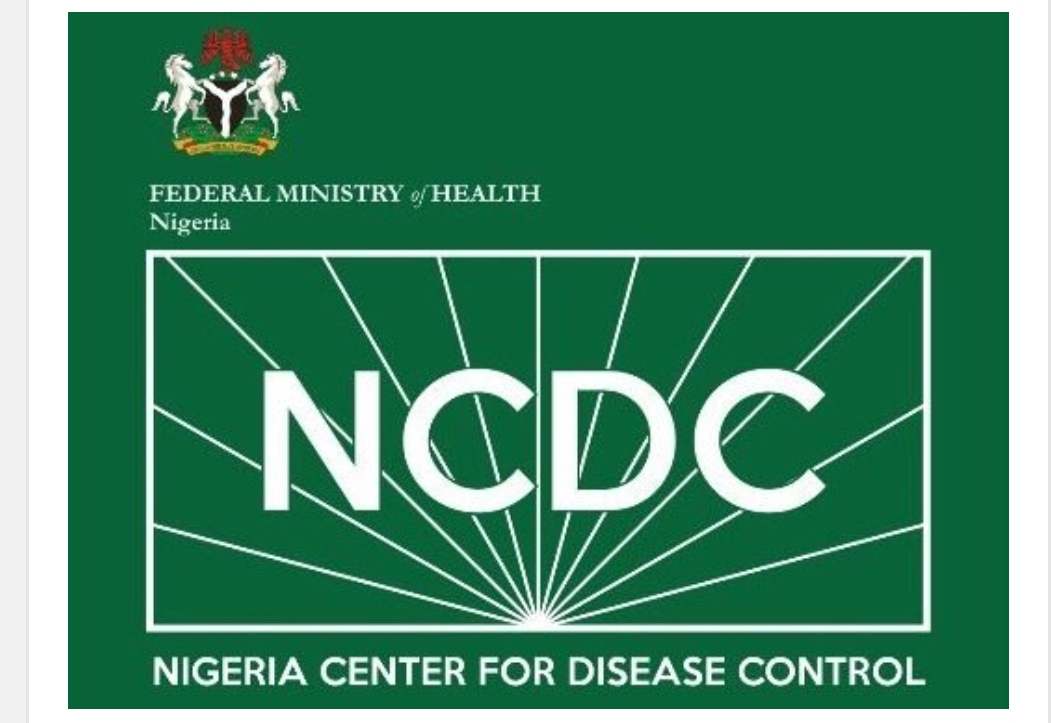The Nigeria Centre for Disease Control and Prevention (NCDC) says many patients in the hospitals are overprescribed antibiotics that have a higher risk of bacterial resistance selection which is above the 60 percent target set by the World Health Organisation (WHO).
NCDC Director-General, Dr Ifedayo Adetifa, stated this in Abuja Sunday in commemoration of the 2022 National Antimicrobial Awareness (AMR) Week.
He said seven out of 10 persons in the community access antibiotics outside licensed health facilities or pharmacies.
He said globally, antimicrobials are increasingly becoming ineffective due to the inappropriate use of these drugs, including the prescription of and use of antibiotics, which target only bacteria, during viral infections (like the flu) or as a growth promoter in agriculture.
Quoting WHO, he said there were 15 priority antibiotic-resistant pathogens causing the greatest threat to human and animal health, four of which had been detected in Nigeria.
According to him, available evidence and projections suggest that by 2050, AMR could cost $300bn to $1 trillion annually, globally.
Chairman, Nigeria Antimicrobial Resistance Coordination Committee, Dr Tochi Okwor, noted that taking antibiotics without prescription drives antimicrobial resistance, and has many dangers
She said: “The best way to take antibiotics is to go to the hospital, have a health worker check you and take your sample, have your result come out in a timely manner and use what we call antibiotics formulary, we have guidelines of antibiotics to prescribe according to the specific guidelines.”
Representative, Chief Veterinary Officer of the country, Dr James Inuwa Balami, said antimicrobial resistance (AMR), is a global public health and development threat, adding that its consequences can affect both human and animal health.
Dr Daniel Onwuliri, Senior Technical Advisor, USAID, MTaPS, Global Health Security Agenda (GHSA) Program, said the antimicrobial use problem where unregulated access to antimicrobials is rife creates a great burden for the health system and for communities working to tackle AMR.

 Join Daily Trust WhatsApp Community For Quick Access To News and Happenings Around You.
Join Daily Trust WhatsApp Community For Quick Access To News and Happenings Around You.


